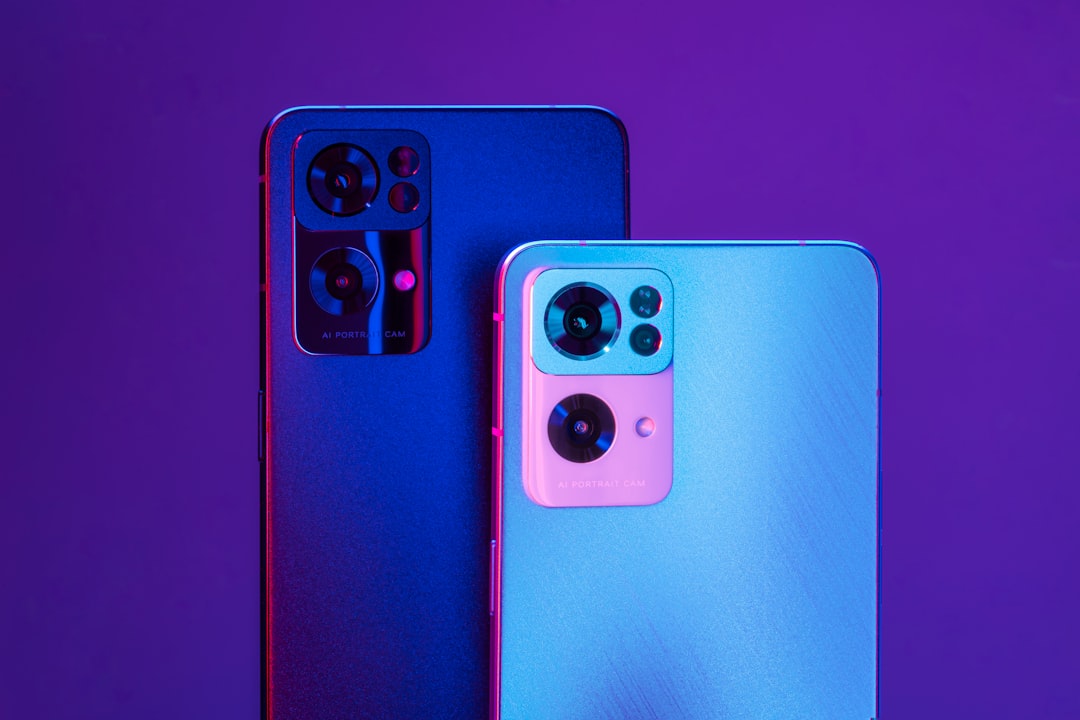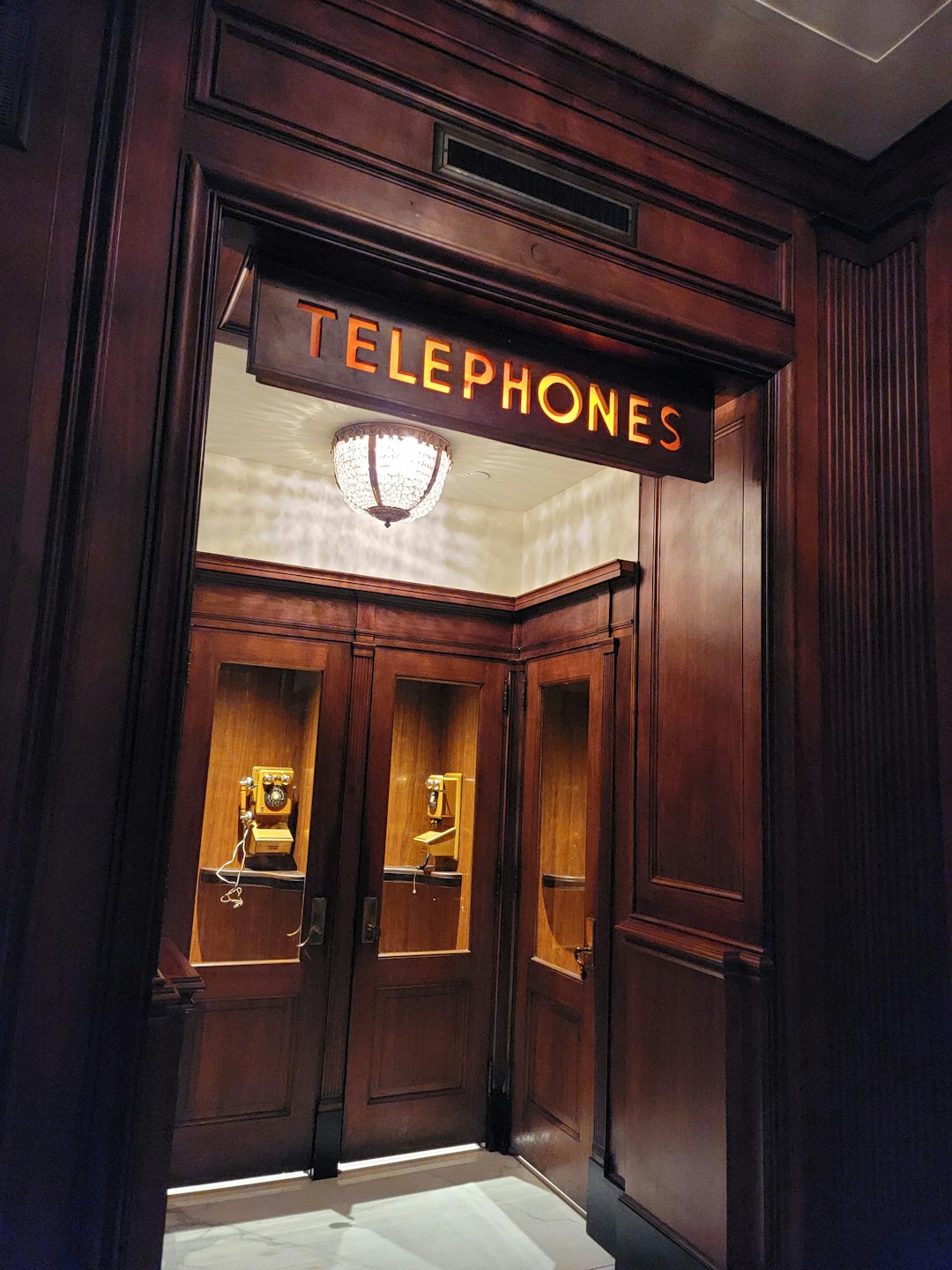In Louisiana, where phone communications are vital, spam calls disrupt daily life. To stop them, residents can take proactive measures like registering on the National Do Not Call Registry, using blocking apps or call filtering features, and verifying callers to build trust through consistency, transparency, and mutual respect. Adopting these strategies enhances security and protects against fraud.
In an era where communication is largely digital, phone calls remain a critical touchpoint. Broussard, LA, like many places, grapples with the surge of spam calls, raising concerns about trust in these interactions. This article delves into the psychology behind trust in phone communications, identifying red flags commonly found in spam calls. We also provide actionable steps on “How to Stop Spam Calls Louisiana”, offering practical advice to protect yourself from unwanted intrusions.
Understanding Trust in Phone Interactions

In today’s digital era, phone communications have become a ubiquitous aspect of our daily lives. However, amidst this convenience lies a crucial psychological question: how do we establish and maintain trust in these interactions? Trust is particularly complex in telephone conversations where non-verbal cues are limited, relying heavily on vocal tone, clarity of communication, and the reputation of the caller or recipient. Understanding these dynamics is essential, especially when navigating the challenges posed by spam calls in Louisiana, where individuals often struggle to discern legitimate callers from unwanted telemarketers.
By recognizing the factors that contribute to trust—consistency in messaging, transparency, and mutual respect—both parties can foster a more secure connection. Consumers in Louisiana can empower themselves by adopting strategies such as verifying caller identity, blocking unknown numbers, and registering on Do Not Call lists. Moreover, being mindful of personal information shared during calls can significantly reduce the risk of falling victim to fraudulent activities, ensuring a safer phone communication environment.
Identifying Red Flags: Spam Call Traits

Recognizing red flags is an essential step in protecting yourself from spam calls, especially as these deceptive practices become more sophisticated. In Louisiana, where phone communication is a primary mode of connection, being vigilant can significantly enhance your overall experience. Spam calls often exhibit distinct patterns and traits that, when noticed, can serve as early warning signals. For instance, unknown or out-of-state callers, frequent repetitive calls, and the use of automated voice systems are common indicators.
To combat these nuisance calls, Louisiana residents can implement several strategies. Keeping a close eye on caller ID and blocking numbers immediately upon recognition is an effective measure. Additionally, using call-blocking apps or enrolling in official anti-spam call programs offered by phone service providers can provide robust defenses. By staying informed and adopting proactive measures, individuals can reclaim their communication channels and ensure a safer digital environment.
Protecting Yourself: Stopping Unwanted Calls in Louisiana

In Louisiana, dealing with unwanted calls, often known as spam calls, is a common frustration for many residents. These persistent and often intrusive messages can disrupt daily life, leaving individuals seeking effective ways to protect their privacy. Luckily, there are several steps Louisianans can take to safeguard themselves from these nuisances.
One of the primary methods to combat spam calls is by registering on the National Do Not Call Registry. This federal list ensures that telemarketers cannot call registered numbers for promotional purposes. Additionally, installing blocking apps or utilizing built-in call filtering features on smartphones offers a practical solution. Many communication platforms now provide tools to identify and block unwanted callers, providing users with an extra layer of control over their phone communications.






